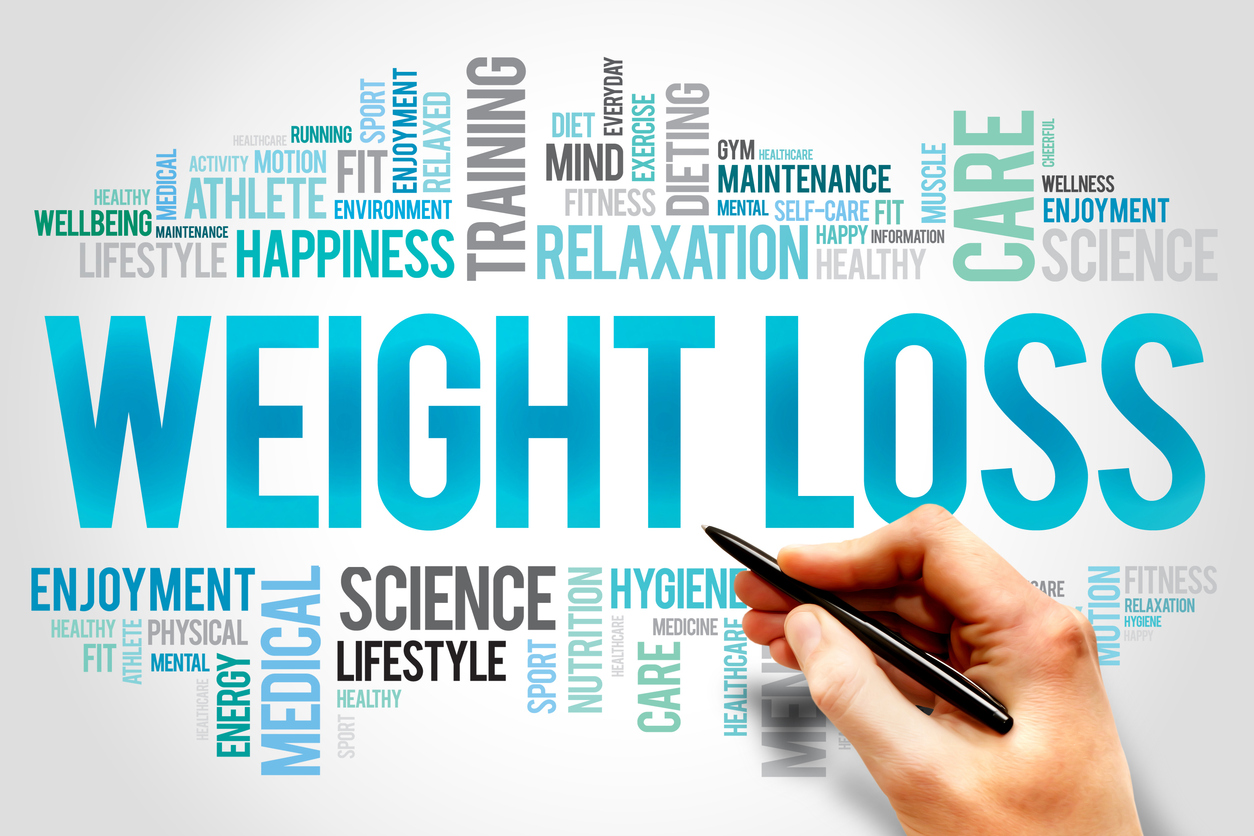Long Island Weight Loss Dietitian Tips and Strategies
Long Island Weight Loss Dietitian – Sustainable Weight Loss and Better Health
Losing weight can feel confusing and frustrating. But when you understand the obstacles—whether they’re dietary, behavioral, or emotional—you can put sustainable strategies into place. For over 30 years, I’ve helped patients improve their health, reach their ideal weight, and maintain it long term.
Online medical nutrition therapy provides expert support, accountability, and realistic steps to help you make gradual changes that stick.
Should I Go on a Diet?
Think twice before starting a restrictive diet. One-size-fits-all diets often do more harm than good. Research shows they can lead to yo-yo dieting—weight lost and regained repeatedly—which is linked to negative health outcomes.
The internet is full of conflicting advice, diet trends, and quick-fix promises. In reality, eating well doesn’t need to be complicated. Focusing on balance and sustainability is key.
What are the Unhealthy Ways to Lose Weight?
These approaches can backfire and harm your health:
- Skipping meals
- Cutting out entire food groups
- Using weight loss shakes instead of real meals
- Extreme exercise
- Overly restrictive eating
- Very low-calorie diets
- Starving or undereating
- Detoxes or cleanses
- Obsessing over the scale
Healthy Weight Loss Strategies
1. Food Plan
- Prioritize whole, minimally processed foods
- Limit ultra-processed foods
- Include balanced macronutrients at every meal
- Eat portions that match your hunger and fullness
- Increase fiber intake
- Stay hydrated
2. Physical Activity
- Start gradually—aim for activity 3–4 times a week
- Include strength training and cardio
- Choose activities you enjoy
- Build up to 150+ minutes of moderate-intensity exercise weekly
3. Behavior Changes
- Focus on realistic, sustainable habits rather than drastic changes
- Make small changes that add up over time
- Don’t rush—healthy weight loss takes patience
- Be consistent and kind to yourself
Tips for Long-Term Weight Control
Weight control means managing your weight in a way that supports your health—whether you want to lose, gain, or maintain. Here are some helpful strategies:
- Reduce calories and unhealthy fats, but keep meals satisfying
- Make healthier choices you actually enjoy
- Eat slowly and chew thoroughly—notice when you feel full
- Plan meals and snacks ahead
- Practice mindful eating
- Set up your home and work environments to support your goals
- Use problem-solving skills instead of relying on willpower alone
- Be a compassionate observer—notice what works and what doesn’t, without guilt
Patience, practice, and persistence pay off.
Understand the process of change is gradual. If you continue to do what you’ve always done, you’ll continue to get what you’ve always got! If you want different results, then you must be willing to do something different!
Why Work with a Dietitian for Weight Loss?
A Registered Dietitian Nutritionist provides personalized guidance you can trust—whether you want to lose weight, manage a health condition, or simply eat better. Working with a dietitian can help you reach your goals with proven strategies, clear education, and ongoing support.
As a NY State Certified Nutritionist and RDN, I offer evidence-based, individualized care to help you understand your unique nutritional needs, create realistic meal plans, and develop a healthier relationship with food. I help my clients navigate confusing diet trends, avoid fad diets, and make informed choices that support long-term health.
Through online medical nutrition therapy (MNT), I provide a customized nutrition program and trusted guidance every step of the way. With over 30 years of experience treating patients throughout Long Island and New York, I’ll help you build a plan that is practical, sustainable, and tailored to your specific health goals—so you can live well for years to come.
Further Reading:



